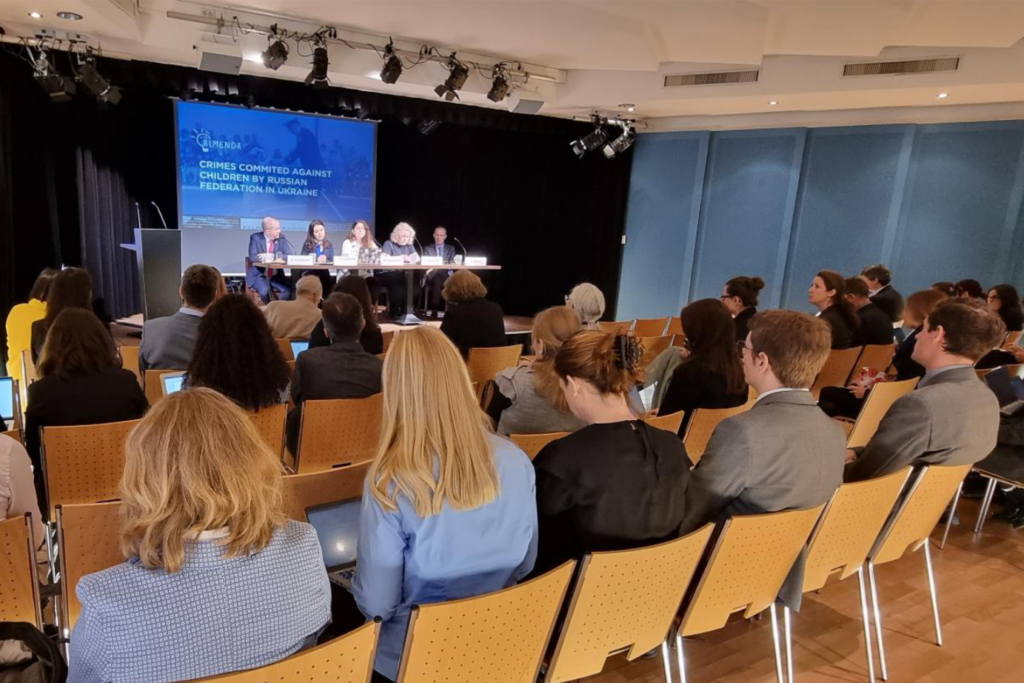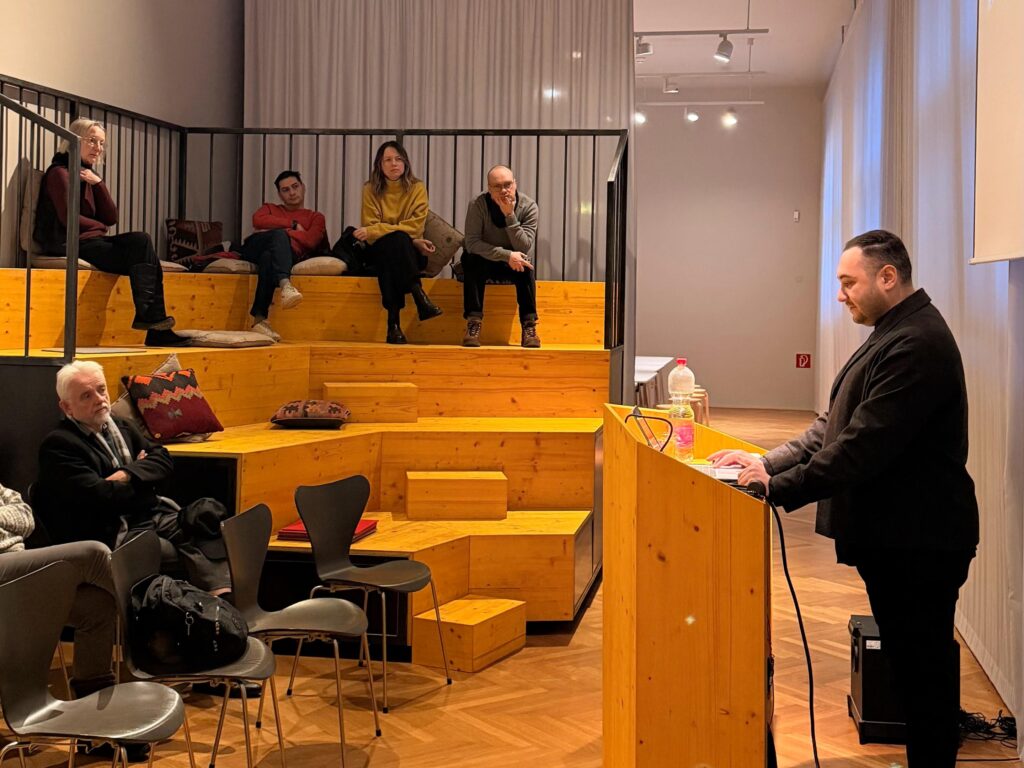Austausch and civil society partners advocate for OSCE Special Representative for Civil Society
At the last meeting of the Civic Solidarity Platform (CSP), a platform of human rights organizations affiliated with the Organization for Security and Co-operation in Europe (OSCE), Austausch e.V. proposed the establishment of an OSCE Special Representative for Civil Society. The proposal was included in the platform’s annual declaration and received immediate approval from North Macedonia, which had just assumed the chairmanship of the OSCE. Now, the Foreign Minister of North Macedonia, Bujar Osmani, has announced the establishment of the new office.
Jacob Riemer, project manager at Austausch, states:
“We welcome the OSCE’s adoption of our proposal to create an OSCE Special Representative for Civil Society. This allows the concerns, priorities, and expertise of civil society to be consolidated and permanently represented within the organization for the first time. Austausch and its partners see this as a concrete contribution to the medium-term reform of the OSCE and the search for a new modus vivendi for cooperative security in Europe and Central Asia. For decades, the OSCE has been a central actor in bridging East and West and ensuring peace in Europe, but it is now in crisis due to the Russian war of aggression and a progressive weakening of its monitoring mechanisms. Cooperation within the OSCE requires political willingness to cooperate and compromise, which is currently lacking in the leadership of Russia and Belarus. Reforming the OSCE, particularly by strengthening civil societies, is therefore crucial. Active civil societies are key to preventing wars in the 21st century, and violent conflicts almost always precede the repression of civil society actors, the restriction of freedom of expression, and human and civil rights.”
Background:
Civil society is an important factor in international crisis management
The establishment of an OSCE Special Representative for Civil Society reflects a trend in recent years, where NGOs have begun to assume governance tasks in numerous crises that overstretched states or international organizations alone cannot handle. Moreover, civil society organizations have become important suppliers of information and expertise in conflicts: numerous NGOs document war crimes in Ukraine, the OSCE area, and around the world. Through long-established networks on the ground, citizen initiatives and NGOs have exclusive information on the course of war and the situation of the civilian population in war zones, and can identify witnesses to war crimes.
Role of civil society recognized by the Nobel Committee
Last but not least, the award of the current Nobel Peace Prize to three members of the Civic Solidarity Platform (CSP), the Center for Civic Liberties (Ukraine), Memorial (Russia), and Ales Bialiatsky as founder and chairman of the Human Rights Center Vyasna (Belarus, in detention), underscores the importance of civil society in addressing international security crises.




